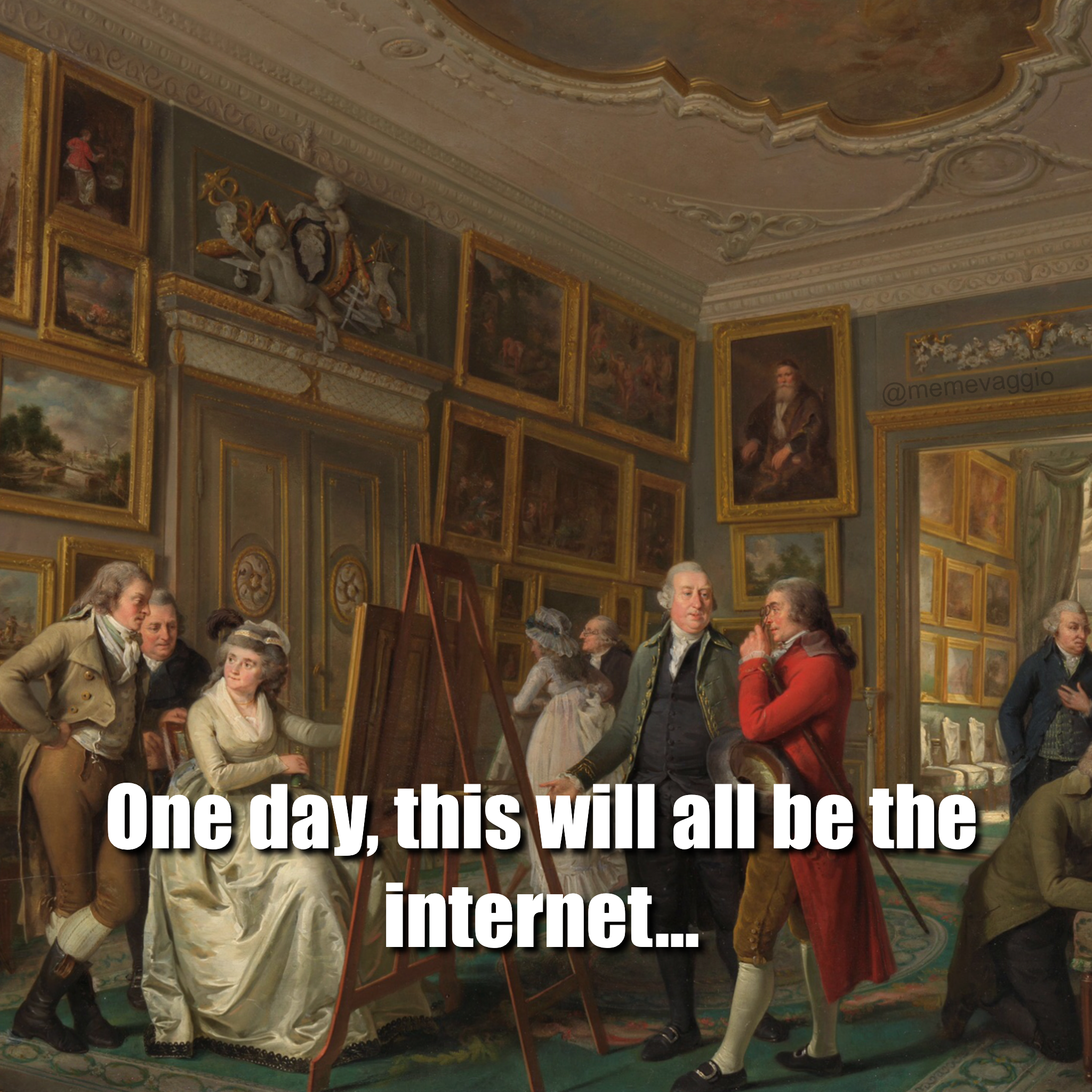The Pandemic — Digitalising away obnoxious Elitism
With museums only sporadically open over the past year, and travel anywhere strongly discouraged, efforts have been redoubled to digitize collections, archives, gallery shows, and, generally, the entire experience of beholding art. The British Museum's online portal now contains four million objects, and the institution is by no means alone in encouraging layperson and connoisseur alike to explore its digital offerings.
Even as museums have struggled for survival, the quality of what is offered online has improved dramatically. Working artists and galleries, too, are rethinking how the experience—and business—of art can be safely enjoyed from the comfort of home. This very website’s existence bears witness to this trend.
I once spent two years living on Hainan, an island in the South China Sea and the southernmost province of the vast country giving its name to that body of water. Hainan, I learned before going, had one museum: a marble edifice, alike to those found in every Chinese provincial capital, crudely serving the historical narrative pushed by the ruling Communist Party. I would be moving to a land bereft of the vast cultural repositories to which I had naively become accustomed. In a last act of desperation, I downloaded apps: the Louvre, the Met, and one dedicated entirely to the works of Caravaggio. Perhaps these would see me through?
For the duration of my stay in Hainan, I looked at these apps exactly never. How, after all, can the experience of beholding The Seven Works of Mercy be comparable to looking at it on a four-inch screen?
We go to museums—or any places of artistic significance—to see its works in all the radiant glory of reality.
British Museum Reading Room, photograph by George Kourounis
In Cairo, we stand face to face with the death mask of Tutankhamen and better appreciate the intricacy of the work, the minuscule imperfections where the lapis went missing at some point over the last 3000 years. At the Prado, we gaze deeply into The Garden of Earthly Delights and, already taken aback by the painting’s size, are scandalised by the sick depravity of Hieronymus Bosch. Photographs—even smartphones—cannot do justice to this sensation of reality.
One day this will the internet by Meme Dealer; Michelangelo Memevaggio @memevaggio
But this, in fact, misses the point entirely. To believe that, by perusing the online collections of cultural institutions, you are in some way substituting the experience of actually visiting them, is completely facile. Like with so many of our assumptions, the internet has altered the possibility of what a collection, exhibition or show can be. As archives have continued to improve in both scope and quality, one now has freely available to them nothing less than the greatest art history textbook in the history of the world. And the function is changing with the form.
There are the neat little features. The Metropolitan Museum’s archive has built-in timelines that can be immediately summoned, so the observer can experience the fluorescence and decline of entire artistic traditions with the stroke of a mouse. At the MoMA, we can visit every exhibition they’ve ever mounted, starting with their first, the Impressionists, in 1929. And at the Bodleian Library, we now have both the time and close proximity to decipher the spelling of words written in medieval Latin.
The area most benefitted by digitising collections can be understood in terms of access. The British Museum is a truly global monument to pilfering. Compiled in its halls are the heritages of countless people, most of whose descendants will never have the opportunity to visit London. Indeed, the opportunity to visit any museum is accompanied by a set of assumptions, disposable income and some education not least among them. With the move online, these walls erode some and the art is brought closer to the people. While there is still much to recommend the experience of an afternoon in a museum, take satisfaction that its contents are less the stuff of a guarded and exclusive knowledge.
And thank the pandemic for, if nothing else, hastening this process.
Words: Cameron Saunders


